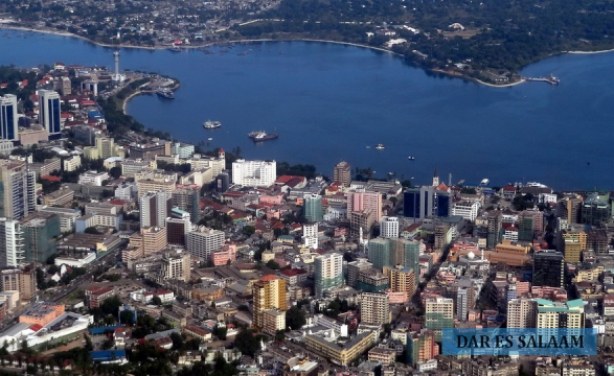Tanzania Ranked Highly in Investment Report
Tanzania is amongst the highly attractive investment destinations in Africa according to the 2017 Africa's Rand Merchant Bank report. The rankings shows top ten countries for investing in Africa to be Egypt, South Africa, Morocco, Ethiopia, Ghana, Kenya, Tanzania, Rwanda, Tunisia and Ivory Coast.

A new report has ranked Tanzania as among highly attractive investment destinations in Africa.
This is because an anti-corruption campaign raised its status two places in 2017 from number seven in the previous two years ago, Africa's Rand Merchant Bank (RMB) has reported.
The 2017 ranking shows top ten countries for investing in Africa being Egypt, South Africa, Morocco, Ethiopia, Ghana, Kenya, Tanzania, Rwanda, Tunisia and Ivory Coast, in descending order.
"Our performance has largely beend contributed by the fifth regime's corruption crackdown efforts and facilitating corporate registrations and licensing, thanks to President John Magufuli," reads the report in part.
"Recent reforms on corruption have made the investment environment favourable," economics professor Samuel Wangwe said.
"Public servants now serve businesses equally, attracting further investment considering that before the private sector had little backing from the government. This will increase foreign direct investment inflows."
"The government is fixated on boosting domestic productivity and actively reducing Tanzania's import dependence to attain middle income status, which would further enhance its investment appeal," the report explains.
Meanwhile, the continued opening up of Tanzania's capital market (debt and equity) has paved the way for portfolio investment, particularly for East Africa Community investors.
In addition, the new laws that have been enacted to increase the state's share of mining profits are likely to cap future capital flows into Tanzania's mining sector, according to report.
The new mining laws, which were fast-tracked through parliament, raise royalties' tax for gold, copper, silver and platinum exports to six percent from four percent.
They also give the government the right to tear up and renegotiate contracts for natural resources and remove the right to international arbitration.
However, Repoa strategic research director Abel Kinyondo is cautious.
He suggests that the tax burden to investors be reduced, regulatory bodies harmonised and public-private partnerships (PPPs) strengthened.
"The tax burden scares away investors because they spend a lot on tax compared to their returns on investments."
Dr Kinyondo called for the creation of a one stop shopping centre to avoid investors moving to more than 10 regulatory bodies for service.
Meanwhile, PPP needs to be worked on because right now its effect has not been fully reflected in the country, said Dr Kinyondo.
"Still, PPP is not fully working. Most of tenders are carried out by government bodies than the private sector."
He cited construction tenders, saying they were mostly being carried out by the Tanzania Building Agency.
Recently, President John Magufuli reassured businesses that PPPs would be promoted.
"We are also willing to continue providing a conducive environment for investment to make Tanzania the best place to invest in Africa."



No comments: